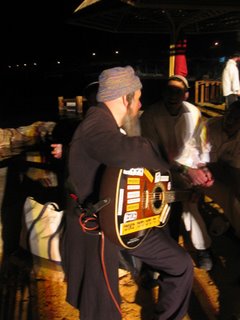Interview with Elisete - Now on line

Interview with singer Elisete on her new album, her work with Ehud Manor, her immigration from Brazil and her thoughts on music in Israel.
The Israel Beat Jewish Music Podcast interviews the latest Israeli and Jewish artists and covers a wide range of styles from Carlebach, cantorial, klezmer, Israeli trance, Mizrachi, rock, Sephardic, hasidic and everything in between. Past interviews have included Matisyahu, Avraham Fried, and Miri Ben-Ari. IsraelBeat broadcasts live every Sunday from 6:00 p.m. to 7:00 p.m. Israel time on http://www.IsraelNationalRadio.com







